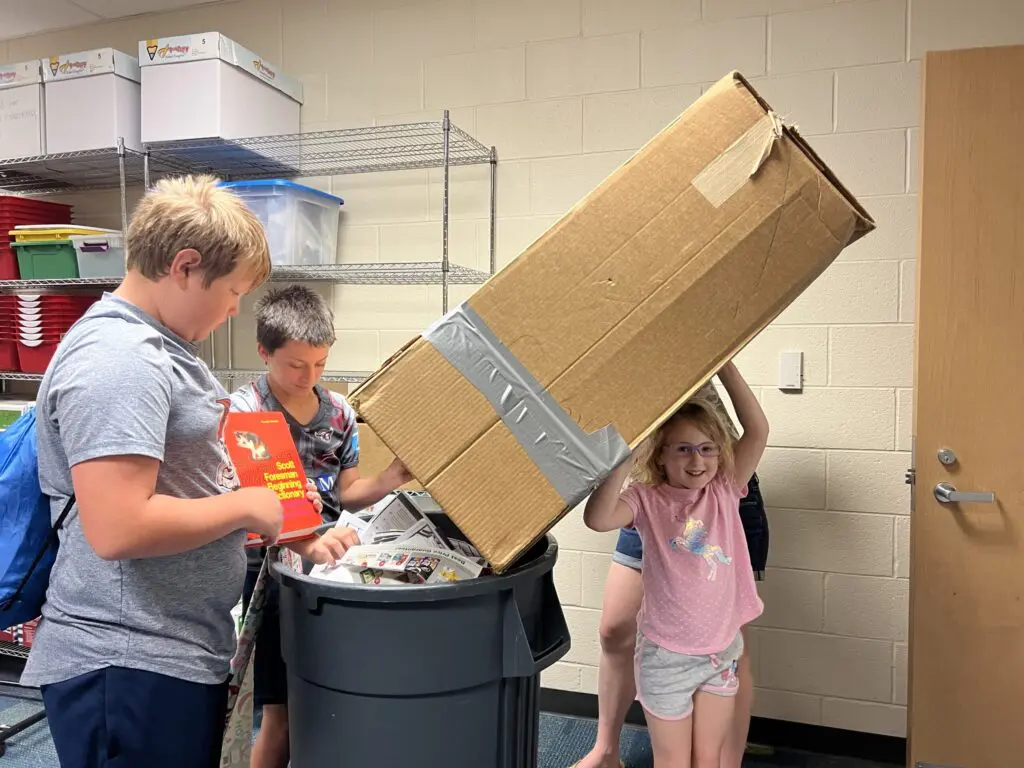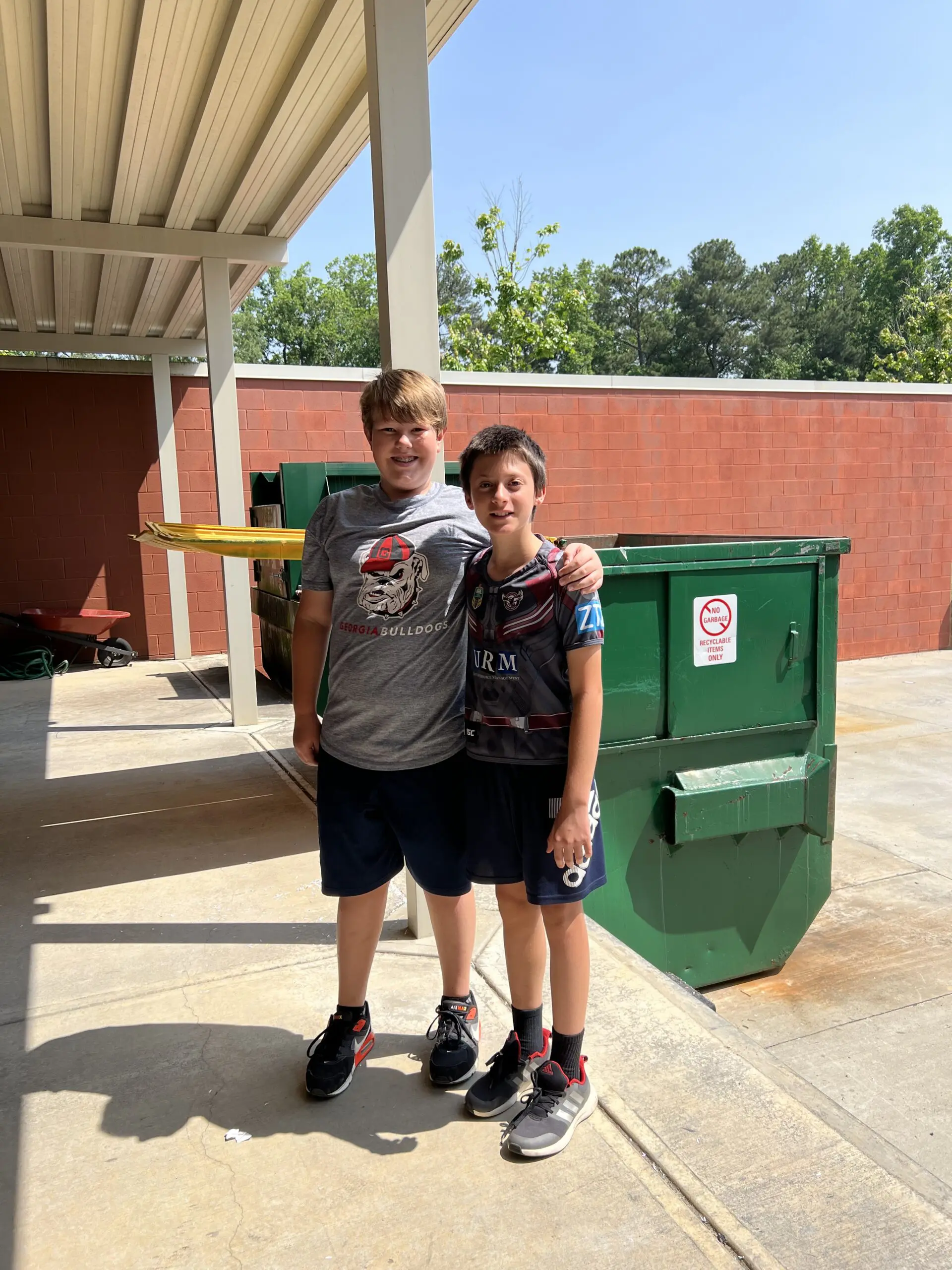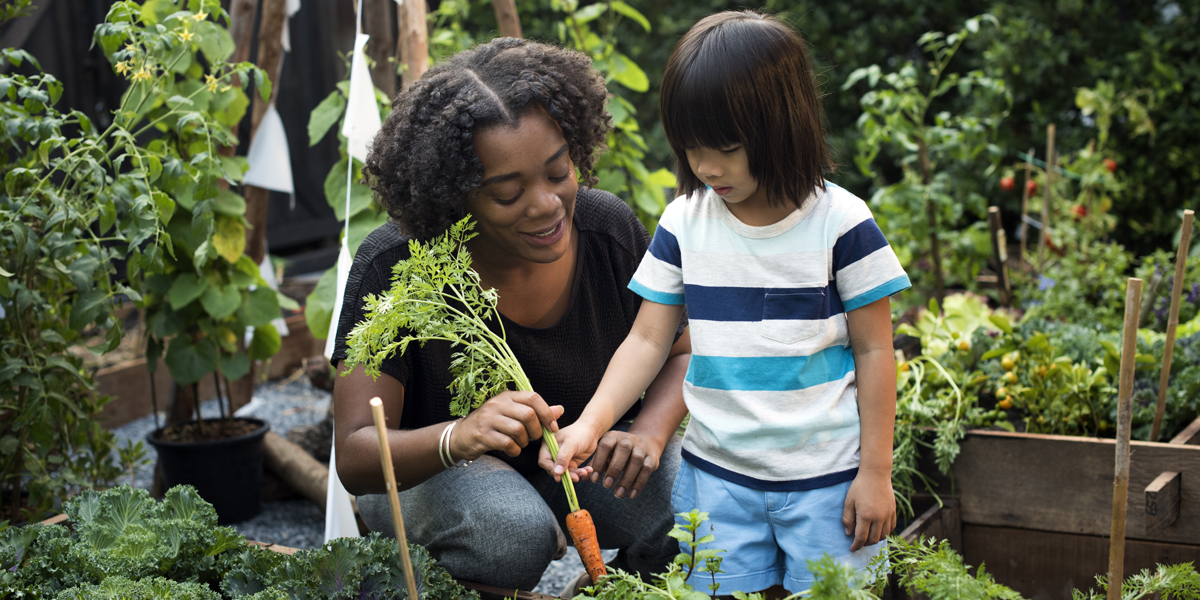MyGreenEarth Takes Change Right to Cobb County Classrooms
Sustainability is all about working together to build a future that all Georgia residents can enjoy for generations to come. Sustainable practices like recycling, mindful consumption, and alternative energy in our homes and modes of transportation, are all big ideas that need calibration for students to familiarize and grow an understanding. It’s not about forcing behavior change, but about creating opportunities to learn that even the smallest choices can have an amazing impact in their communities.
For Bethany Mashini, mom of four and Executive Director of Cobb-County based MyGreenEarth, the mission to create those very opportunities starts right in the classroom.
GCS: What are the goals of MyGreenEarth both within schools and the overall county?
Bethany: MyGreenEarth, or MGE, is a 501(c)(3) nonprofit whose mission is to provide the resources and knowledge for people in Cobb County to live more sustainably. We work with K-12 schools to launch classroom recycling programs, work with low-income homeowners to reduce their electricity bills, and are part of Solarize Cobb bringing group discounted solar to Cobb homes, nonprofits, and businesses.
“Children often act as powerful change agents, inspiring their parents, siblings, and peers to adopt eco-friendly practices.”
Within schools, we work with Cobb County and Marietta City Schools to make classroom and school-wide recycling easy. Our program supplies easy how-to guidance, age-appropriate educational materials, a social media toolkit to reach families at home, and an impact calculator for students, teachers, and administrators to track their impact.
GCS: On that note, what have you noticed that students enjoy about participating in MGE programs?
Bethany: Children love making a positive impact! When students participate in the process of recycling in their schools, they feel empowered with the knowledge of how to make a difference in their schools, their homes, and their community. They more tangibly recognize the volume of waste that would otherwise be sent to landfills, but also the large amounts of waste that could be avoided though actions such as replacing plastic bottles with reusable bottles and using both sides of paper.
GCS: Considering how busy today’s parents are, why do you think it’s still important for children to learn about sustainability and environmental awareness?
Bethany: Teaching children the importance of recycling, for example, goes beyond mere environmental awareness! It lays the foundation for a broader sense of responsibility towards the planet and its limited resources. By engaging students in recycling initiatives, we provide them with a tangible way to actively contribute to the betterment of the environment.

Beyond that, instilling recycling habits in children early on can lead to a ripple effect within families and communities. Children often act as powerful change agents, inspiring their parents, siblings, and peers to adopt eco-friendly practices. As young minds internalize the principles of resourcefulness and sustainability, they are more likely to carry these values into adulthood, effecting positive change on a larger scale.
GCS: And what about you personally? Did you grow up practicing sustainable habits?
Bethany: Nope – until moving to Boston in adulthood, my life was the “typical” American story. Gassing up to run errands across town, drinking water out of plastic bottles, and piling excessive garbage at the curb for pickup. When our family relocated to Boston I was introduced to a new way of living: plastic bags were not an option in stores, composting services were plentiful, and sustainable living was the societal norm. I learned that it was easy and rewarding to make small habit changes in order to make a big community impact. When we moved back to Georgia, I saw the way our region interacts with the environment with new eyes and committed to making a difference for a more sustainable Cobb.
GCS: What do you envision for the county now that you’re a parent and active community member?
Bethany: Empowerment! I want all Cobb residents to feel empowered and energized to make sustainable choices. This kind of activation necessitates support for sustainable living choices made possible by infrastructure and services, support for values that put pressure on companies and governments to center sustainability in their decision-making processes, and investing in equitable solutions for Cobb families who want to live more sustainably, but may not have access due to barriers like cost.

Sustainable habits, from large organizations down to the individual, benefit all of us. Actions that harm the planet and our community should be frowned upon, inconvenient, unavailable, or costly – disincentivizing people from taking them.
GCS: Finally, when it comes to the students involved in MGE work, what have you noticed they are most passionate about?
Bethany: Similar to adults, the passions and motivations of students vary, but the strongest motivator behind sustainable behavior in students is often around protecting living creatures. When students learn that recycling paper means less trees must be cut down, and therefore animals have a place to live, that resonates with them. When students learn that single-use plastics often end up in oceans and harm turtles and other sea creatures, they are inspired to avoid single-use plastics. It’s never too early, or too late, to start caring for our world.
